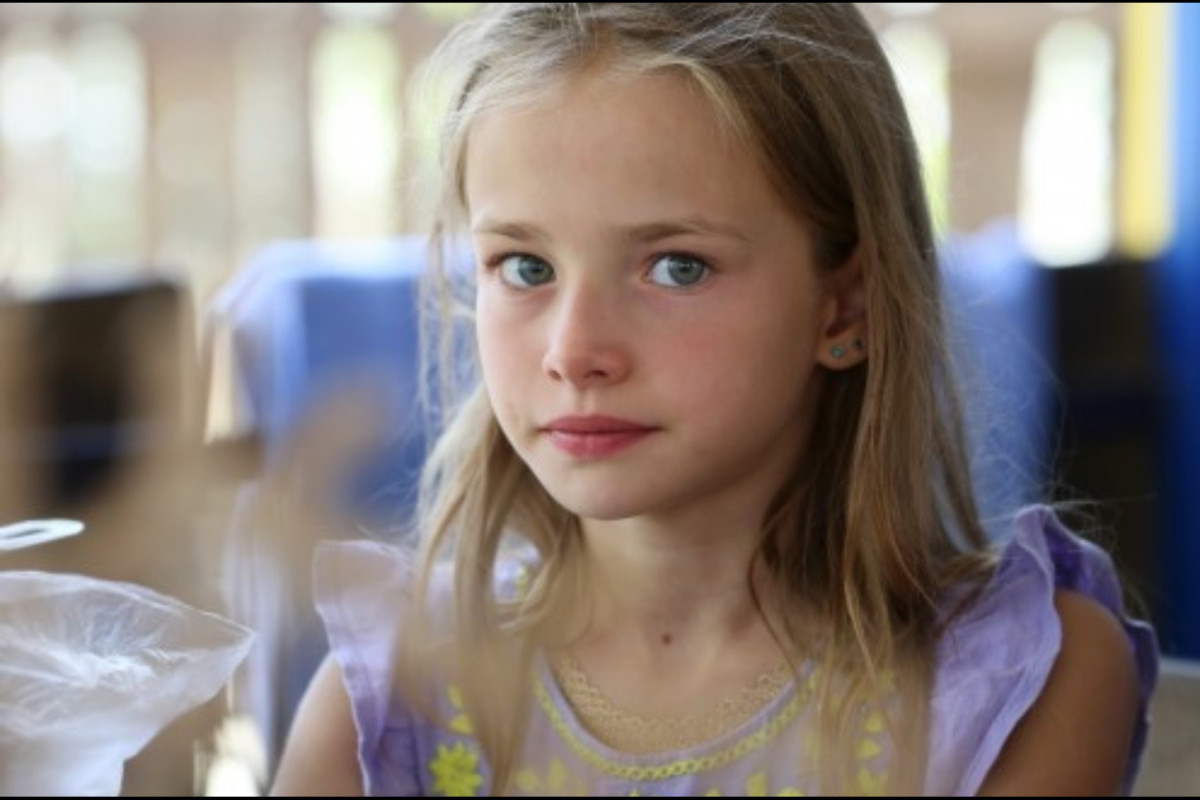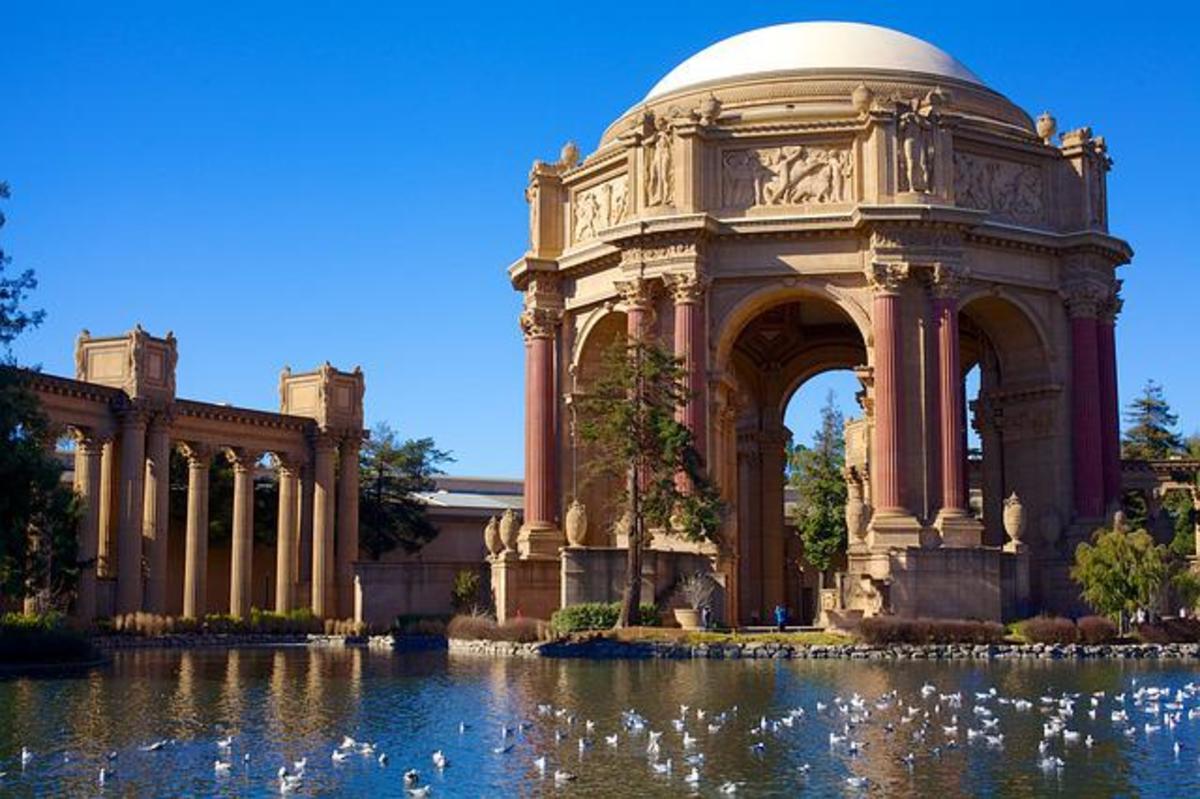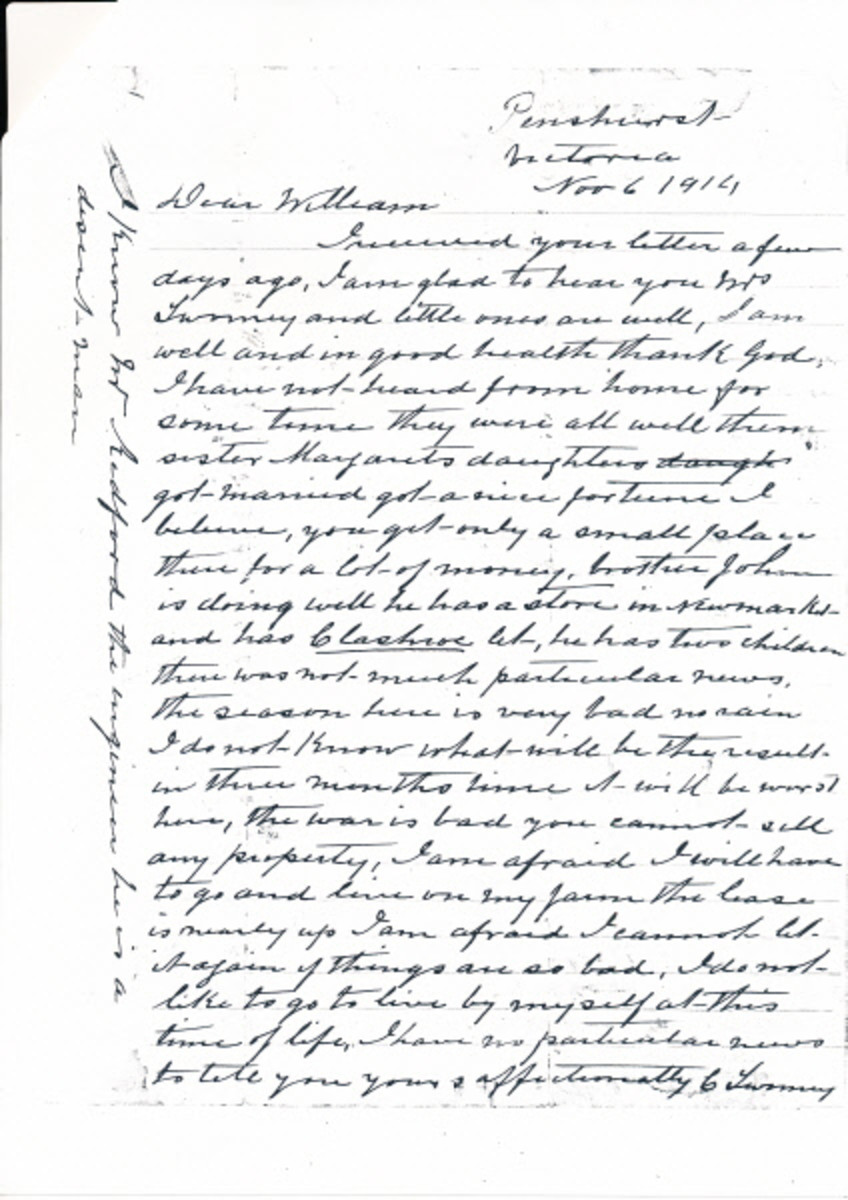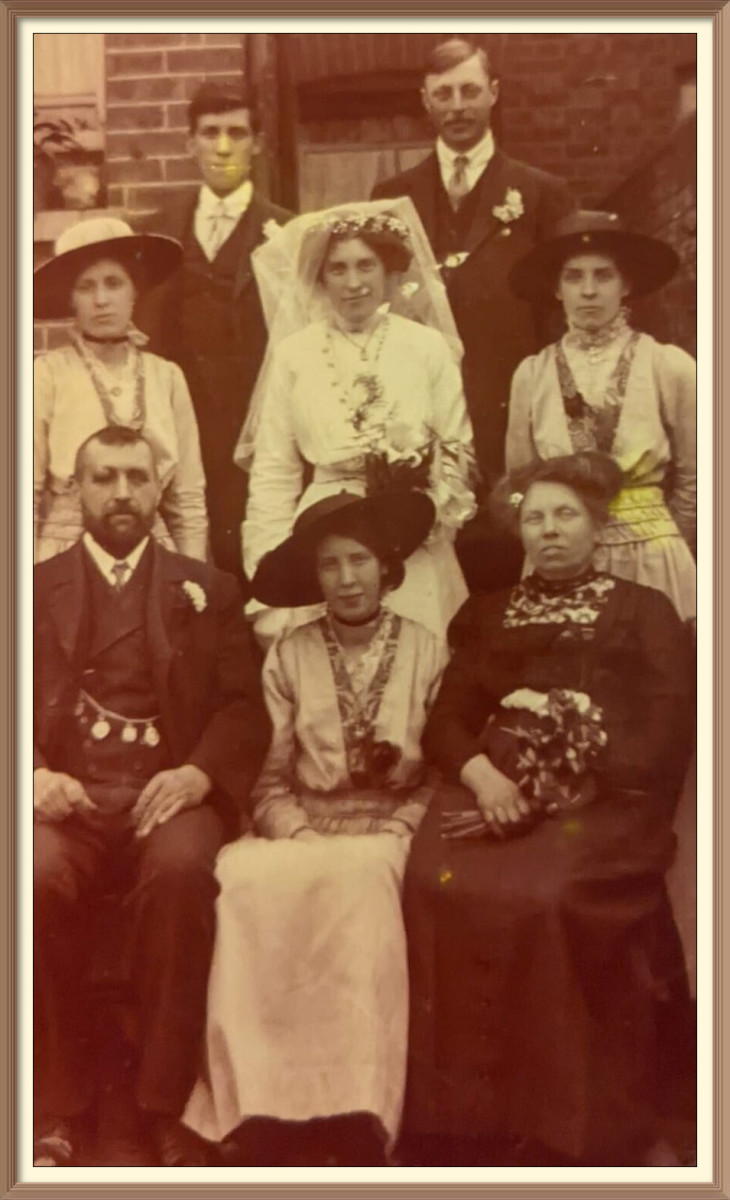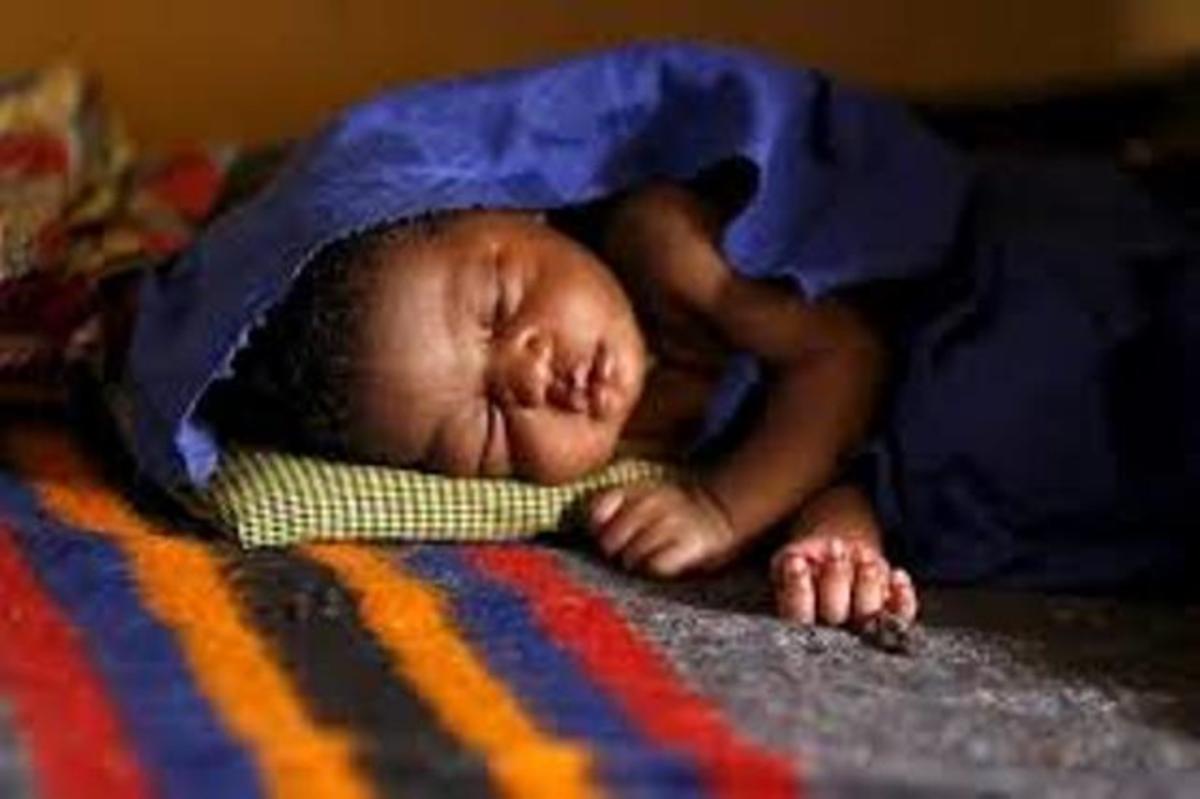American Life: Growing up in the Sixties
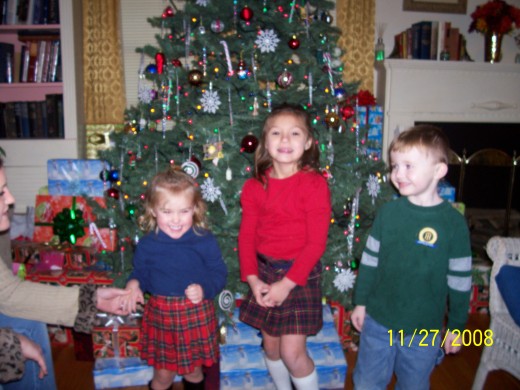
American life
I was born in 1958, so I grew up in the 1960s. I lived in a small town in the South, along with my parents and my older brother. We were a middle class family, and my childhood was much like the Leave It To Beaver television series. Looking back now, this period seems to me like the Golden Age of Americana, when life was simple, safe, and sane. How I wish my grandchildren could grow up in such a world!
There were lots of kids in our neighborhood, so I had plenty of friends to pal around with. We had a large wooded area across the street from our house, which we simply referred to as “the woods.” There was also a stream that ran through the woods, and a block away were three ponds. We spent untold hours building dams, catching minnows, fishing, blazing trails, and constructing forts. Our biggest worry was stumbling upon a venomous snake – not the threat of running into a pedophile or a kidnapper.
By the time we were three or four years old, my buddies and I had the run of the neighborhood. Few of the moms worked outside the home, and everyone watched out for all the neighborhood kids. If you were playing at Suzie’s house at snack time, her mom gave you milk and cookies. If you misbehaved at her house, she called your mom to let her know. If you skinned your knee while playing at a friend’s house, the mom patched you up. No one worried about getting sued by a neighbor.
As kids, we lived life to the fullest and followed every dream, no matter how quirky or far fetched it was. We invented roller coasters from sliding boards, castles and tunnels from cardboard appliance boxes, tree houses from spare boards, and skateboards from a piece of plywood and an old roller skate. We used our imaginations, our creativity, and our ingenuity. And we played outside - always. If we stayed in the house, our moms found something for us to do, like cleaning our rooms, scrubbing floors, or dusting. When it rained, we played in neighborhood garages or under carports.
Every season of the year held its own magic for us. In the spring, we played in the rain and made dams in the street gutters. When the azaleas bloomed, we spent hours catching bumble bees in Mason jars. On the first day the temperature rose above eighty degrees, we were allowed to take off our shoes and socks to run barefoot through the tender young shoots of green grass, freeing our feet from their winter bonds. As spring neared its end, we eagerly counted down the days to summer and the end of the school year.
The last day of school was a joyous celebration. School let out at three p.m. every day, and we sat there on the last day staring at the clock. When the final bell rang, we erupted from the school doors in an explosion of laughter and freedom. Since the elementary school was only two blocks away, we rode our bikes to and from the halls of academia. On that day, the entire summer lay before us like an eternity – three whole months of fun and independence.
We spent our summer days playing in the sprinkler, picking blackberries, going on picnics, and swimming and fishing in the nearby ponds. Sometimes one of the neighbor kids would get one of those inflatable wading pools, and everyone would take turns jumping in and splashing. Our nights were filled with catching fireflies, star gazing, and playing a game of “ain’t no boogers out tonight.” This was a distinctly Southern version of hide-and-seek.
The local cinema had matinees for kids in the summer, too. A whole gang of us would sit in the dark eating popcorn while we watched the adventures of Roy Rogers and other cowboy heroes. I remember how bright the sunlight seemed when we emerged from the dark theater to ride our bikes home.
When I was eight, a new country club was built just outside of town, and everyone in our neighborhood joined. Now we had a real swimming pool to enjoy. Our parents would drop us off at the pool, where we might spend the entire day. The snack bar provided us with lunch.
That same year, I got a pony, and so did two of my guy pals. Of course, the equines couldn’t live in town, but we trailered them to our houses several times during the summer, where they’d spend three or four days at a time staked out in our back yards. We terrorized the neighborhood playing cowboys and Indians astride our trusty steeds. It amazes me now that not a single neighbor ever told us to keep our ponies off their manicured lawns.
When I was eleven or twelve, I began spending part of my summers with my aunt and uncle who lived in the country, in the house that had been my grandmother’s and grandfather’s. I worked in tobacco for one of their neighbors and earned $10 a day. This was a fortune to me! My cousin Stewart worked with me, along with several other kids our age. We’d rise early every morning and enjoy a farmhouse breakfast prepared by my aunt, then we’d be taken to the fields. The tobacco plants were always covered with heavy dew, and by mid-morning, we’d be wet and covered with gritty sand. At luchtime, we’d be dropped off at my aunt and uncle’s to eat tomato sandwiches and chips, followed by what seems like gallons of cold sweet tea. After lunch, we’d report back to work. The afternoons were long and hot, and by the end of the day, we were exhausted. We’d head back to the house about five and eat dinner.
The repast always seemed to recharge our batteries, so we’d walk the mile or so to the home of the man we worked for to hang out with his two sons. They had a herd of semi-wild ponies that had free range of a hundred acres or so. We somehow always managed to corral them into a pen and toss bridles on them. There were no saddles, and the bridles were crude affairs made largely of baling twine. We usually rode the ponies to a nearby lake that provided a refreshing swim for us and for our mounts. As darkness fell, we’d return the horses to their pastures and head home, where we’d stay up half the night telling ghost stories, mostly about Mr. Turner, who died in my grandmother’s house. Early the next morning, we were ready to repeat the process. It’s difficult for me to believe now that I ever had that much energy!
As August began to wind down, we were ready to return to school. We always got new clothes, and our feet once again lost their freedom as they were forced into saddle oxfords, loafers, Mary Janes, or sneakers. My best friend, Beth, and I always shopped for our school supplies together. We’d gather together reams of notebook paper, crayons, scissors, glue, colored pencils, markers, and any neat little gadgets and organizers we could find. I’m not sure why we found this process so enjoyable, since the actual use of these items proved rather mundane. The beginning of the new school year, however, held the promise of all kinds of fall fun.
The first big eagerly anticipated autumn event was the local fair. We’d save our allowance for weeks leading up to the fair, and our parents would always give us money, too. My family and I always ate dinner at the fair, and then I’d have to trudge along with them through the tobacco warehouse looking at the exhibits. Finally, as we left the last booth of farm produce, the wide open doors revealed the magical midway, where games of chance, games of skill, sideshows, and glorious rides awaited.
Every kid in the neighborhood looked forward to Halloween with extreme excitement. We began planning our costumes and out trick-or-treating strategies weeks in advance. When the big occasion fell on a school day, the large schoolhouse clock seemed to move like molasses. Out teachers droned on and on as we daydreamed about what the night held. Once the afternoon bell rang, we’d rush home and put on our costumes, even though we weren’t allowed to begin collecting candy until dark. When darkness finally fell, we were off. No adults had to go with us, and they didn’t have to check our candy, either. We’d get tons of goodies! The neighborhood moms made special treats for the kids, including popcorn balls, cookies, candied apples, and gingerbread. And of course, there was lots of candy. Sometimes we’d have to come home and empty our bags before collecting more treats. At the end of the night, we’d always sort out our treats and save some for the future. We didn’t get candy and sweets all the time like most kids do now.
November always meant the annual chicken pie supper at our school, which was held in unison with a carnival. There was always a country store, games, a haunted house, a hay ride, and foods like popcorn, peanuts, and cotton candy.
November also meant Thanksgiving, of course. Early on those Thursday mornings, I would awaken to the smells of roasted turkey, pumpkin pies, and the pungent aroma of onions mom sautéed for her wonderful cornbread dressing. Dad would always take me out to breakfast on these mornings. The two of us would walk a familiar trail through the woods to a nearby restaurant for pancakes. I traveled this path practically every day of my childhood, but it always seemed special on those Thanksgiving mornings. The frozen leaves would crunch beneath our shoes as the new sun peeping over the treetops cast long shadows before us, and the woods smelled of smoke from the nearby fireplaces.
Like most kids around the world, Christmas was the best day of the year for us. Every Christmas Eve, my immediate family would join my grandparents, my aunts, my uncles, and my cousins in a big party at my grandparent’s farmhouse. We’d stuff ourselves on a huge meal, then one of my aunts would play carols on the piano as we all sang along. My cousins and I were always in a hurry to get this part over with because we’d already been snooping under the tree and had found gifts with our names on them. We always got a couple of toys, along with the dreaded underwear and mittens. On the fifteen-mile drive home, I would always lie in the back seat and stare into the night sky, sure that I could see the Star of Bethlehem.
I always had a hard time getting to sleep on Christmas Eve, and I always woke up around four and crept into my parents’ bedroom. They’d throw on their robes and follow me into the living room to find out what Santa had brought. I was a real tomboy as a kid and always asked for a cowboy suit, cowboy boots, cap pistols, and toy rifles. Mom was determined to make a girl out of me, so along with all the “boy toys” under the tree, there would be a lone doll. I usually ended up using it for target practice.
After opening all my presents, I’d walk over to Beth’s house to see what she got. We’d play with her new stuff for a while, then I’d return home for Christmas dinner, which we ate at noon. A few days later, mom would take down the Christmas tree, which was always a sad occasion for me. It always looked so abandoned and forlorn lying there by the curb, awaiting pickup by the garbagemen. We didn’t know about recycling back then.
After Christmas, the rest of winter was usually uneventful and boring, except for the year it snowed. Snow was a real treat for us, and I had never experienced it before. We spent the entire day making a huge snowman, having snowball fights, and creating snow angels. We instinctively knew that we wouldn’t see another snow for a long, long time, so we had to take every advantage of our good fortune while we had the chance.
My life as a child was simple and rewarding, filled with things I knew and that I could trust. I could trust all adults to be good. I knew if I did something wrong, I would be punished. I knew if I did something good, I would receive praise. I knew I could always count on my parents for love, support, and proper guidance. I knew that my teachers had my best interests at heart.
Many kids today don’t live this kind of life. Even if they have wonderful parents, as my grandchildren do, today’s world is a scary place. I would no more let my grandchildren roam this neighborhood now than I would cut off my arm, and I actually live in the same house in which I grew up. It’s not my neighbors I worry about – it’s the strangers who drive through. They could be drug dealers, child molesters, muggers, or kidnappers.
What happened to the American life I grew up with? Where did we go wrong? It deeply saddens me that so many wonderful traits of Americana have died, with new frightening attributes taking their place. How I wish I could give my childhood world to my grandchildren!


